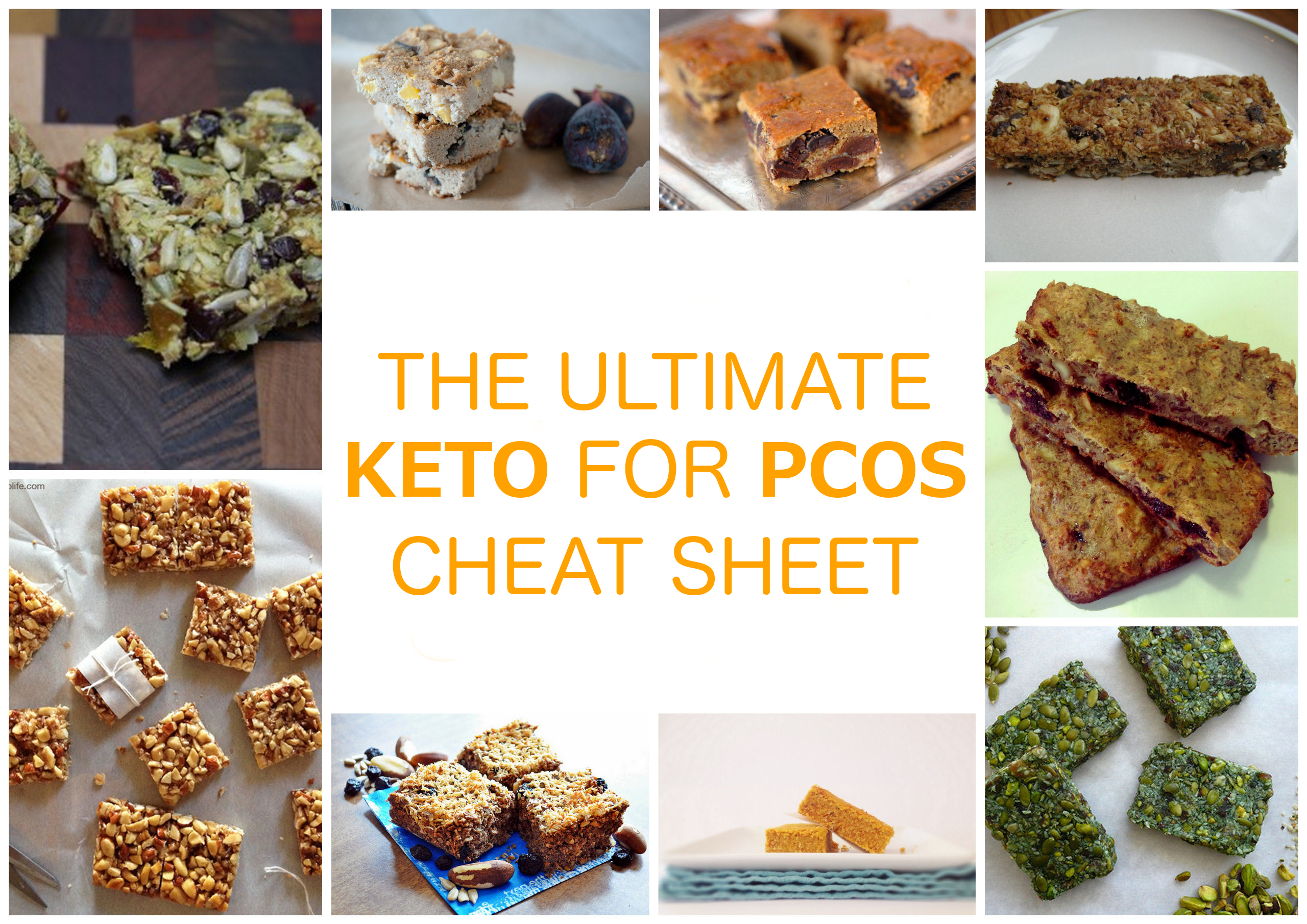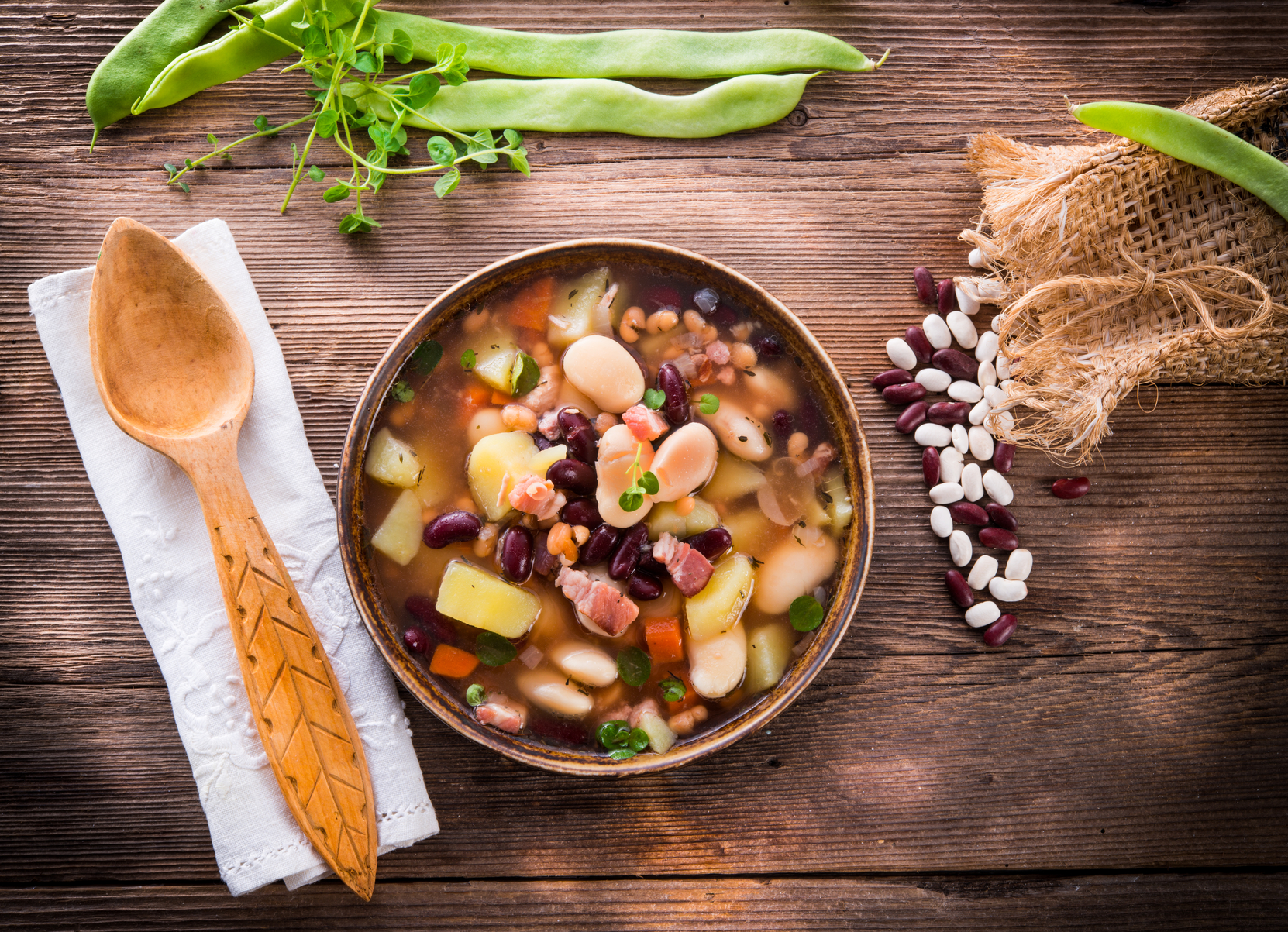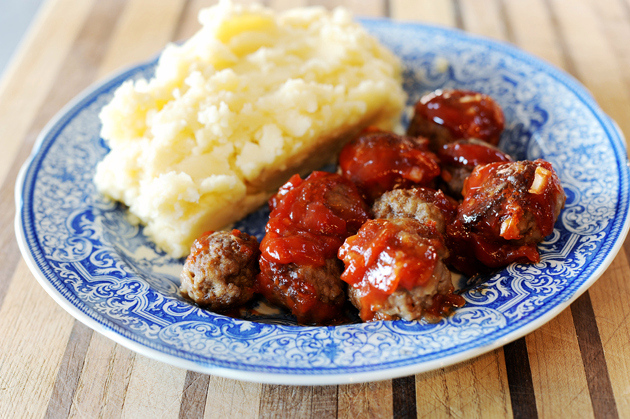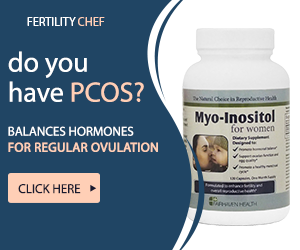Of all the diet options out there, we feel that Keto for PCOS is the best modality out there for sufferers of this syndrome to drop the excess weight and hormone imbalances that is closely associated with it. However, it can be hard to adopt this regimen in an effective manner, as most of the info out there on the ketogenic diet is on the internet, and as such, it is often very scattered in its nature, making it difficult to corral the necessary bits to close the knowledge gaps that will inevitably crop up during your adjustment and adoption period.
Our solution to this conundrum: the ultimate keto for PCOS cheat sheet, where all the fast facts you need to eat right, in the right amounts, and to move forward with peace of mind are right at your fingertips.
In the following post, all the answers you’ll need to press ahead with keto for PCOS will be listed in a clear and concise manner. If we missed anything, leave us a comment and we’ll add whatever isn’t addressed below.
What is the Ketogenic diet?
If you’ve been following Fertility Chef for some time now, you know exactly what the keto for PCOS diet entails. If you are new here though, here it is: the keto diet is a very low carb, sufficient protein, and high fat diet that induces the body to use fat as a primary fuel sources instead of carbs (1).
Developed to treat epilepsy in the 1920’s, it was found to also work wonders for those seeking to lose weight, and with its effects on insulin sensitivity, it has been shown to help out those suffering from PCOS as well.
With health advantages that includes a lower risk profile for heart disease, cancer, stroke, and diabetes, it is all around an excellent lifestyle for anybody to adopt, let alone PCOS sufferers. Here are the aspects that you need to follow, in brief:
- Consumption of net carbs limited to less than 20 grams per day (2).
- Only simple carbs count towards this total. Fiber is not metabolized in the same manner that sugar is (3).
- As a result, grain-based foods are restricted, as are most fruits. Vegetables, meats, and other food that is low in simple carbs are allowed.
- Feel free to eat fatty foods, but emphasize monounsaturated and saturated fats over foods that contain polyunsaturated ones.
- Adapting to this dietary regimen will have growing pains. Be sure to intake two grams of sodium per day (broth in dishes will remedy this), and consider taking magnesium supplements to alleviate any cramps you may encounter.
- Drink lots of water. Have a tall glass at every meal, and have a water bottle with you at all times between them.
How exactly does the keto for PCOS diet work?
- Get your daily NET carbs below 20 grams per day, which will ensure that your body will go into ketosis (4).
- While protein is fine to eat on the keto diet, about half of it that you consume gets converted to glucose. As such, limiting your intake to 0.69 to 1.2 grams per pound lean body mass is suggested. Less for the average person, and higher for those that are actively training with weights (5).
- Between 65-75% of your calories should come from fat (6).
- Eating in this manner will change the way your body’s chemistry works, as eating less carbs will lower the amount of circulating insulin in your body, resulting in less fat stored in your adipose cells as a result (7).
- With a lack of simple carbs readily available as fuel, the fat that you consume and have stored will be converted into ketones to substitute for them, which will take carbs out of the equation as a primary fuel source.
What are NET carbs, and how do I figure them out?
As much as carbs are maligned by those following the keto for PCOS path, not all carbs are bad. While simple carbs (sugar) will provoke all the bad effects that you’ve heard about (obesity, diabetes, PCOS, etc), fiber is more complex in nature, and is not broken down by the body for fuel.
As a result, we can subtract the grams or fiber in a serving of food from the total amount of carbs to determine their impact on our meal. For example: 100g of strawberries contains 7.5 grams of carbs, but 2 grams of that is dietary fiber, so 7.5 grams – 2 = 5.5 net carbs. As such, certain fruits are acceptable on this diet, provided you stay beneath 20 grams per day.
What can I eat?

On the keto for PCOS diet, what you eat is vitally important, as even modest portions of some foods will throw you right out of the ketogenic state that you are seeking. The following foods will keep you well below 20 grams per day (just be careful you get enough calories to meet your body’s needs per day (generally, about 1,200 calories per day for average people, but YMMV … talk to your doctor)
Here is what’s allowed:
- fatty red meats
- chicken with the skin left on
- fish (but be careful of eating too much, as more than a few servings per week will put you at risk for heavy metal contamination)
- offal (organ meat)
- eggs
- seeds & nuts
- most vegetables, except for potatoes
- small metered amounts of berries
What’s banned?

The keto for PCOS diet is defined by its exclusion of simple carb-rich food. As such, the following foods are henceforth forbidden:
- bread and other foods with grains (whole grains are very bit as bad as refined grains … don’t be fooled)
- cereal
- beans
- soda (Stay away from diet soda too)
- pasta
- potatoes
- pizza crust
- beer
- cookies
- bagels
- candy
- honey
- chips derived from grains
- pretzels
- popsicles
- crackers
- most condiments (High Fructose Corn Syrup [HFCS] is rife in these toppings … beware!)
- anything else with high amounts of carbs (in general, be very skeptical of anything in the aisles of a supermarket … read labels religiously!)
- fruit, except for small amounts of berries
- milk
How does the keto diet help my PCOS?
The biggest positive effects from adopting keto for PCOS is that taking massive amounts of carbs out of circulation will greatly reduce the amount of circulating insulin in your body. Excessive free insulin has been shown to increase the amount of testosterone produced by the ovaries, which is a hormone that causes many of the undesirable symptoms associated with PCOS (excessive body hair, acne, thinning hair and conception problems).
Removing the trigger that increases free insulin works wonders with regards to clearing up these symptoms, making the keto for PCOS regimen a popular route towards achieving better results with fertility, as well as physical appearance (8).
References
- wikipedia.org
- epilepsybehavior.com
- doctoroz.com
- livestrong.com
- ketogenic-diet-resource.com
- ketogenic-diet-resource.com
- springer.com
- nutritionandmetabolism.com






as soon as you said “No sodas (though diet soda is OK, as it is sweetened by aspartame, not sugar)”
you lost all credibility. some nice excitotoxins for fertility
True. We’ll remove that. Diet soda is not good either!